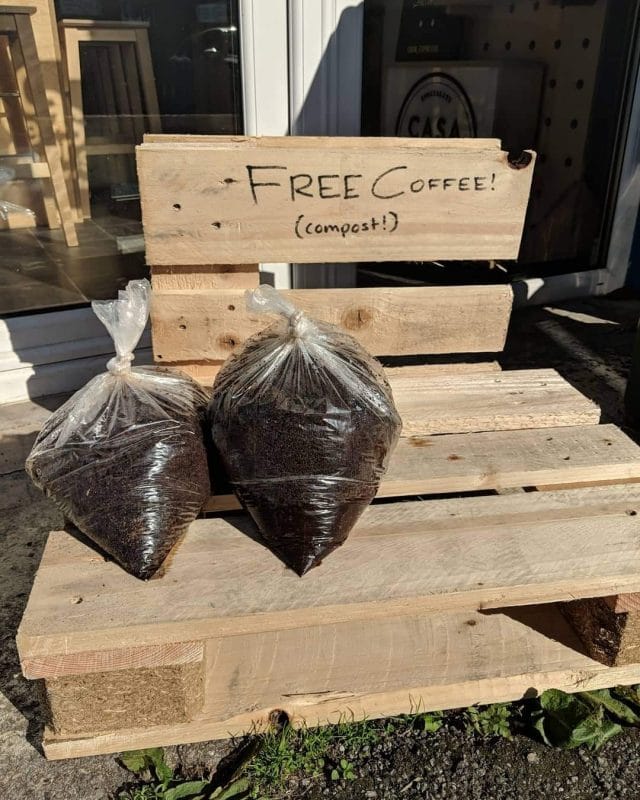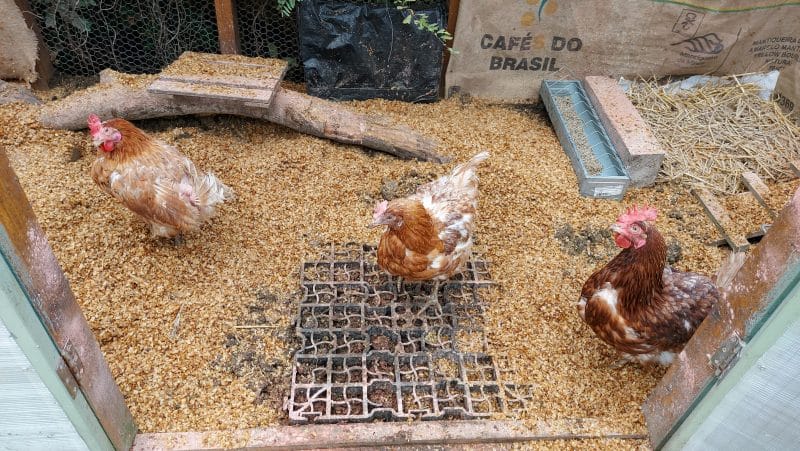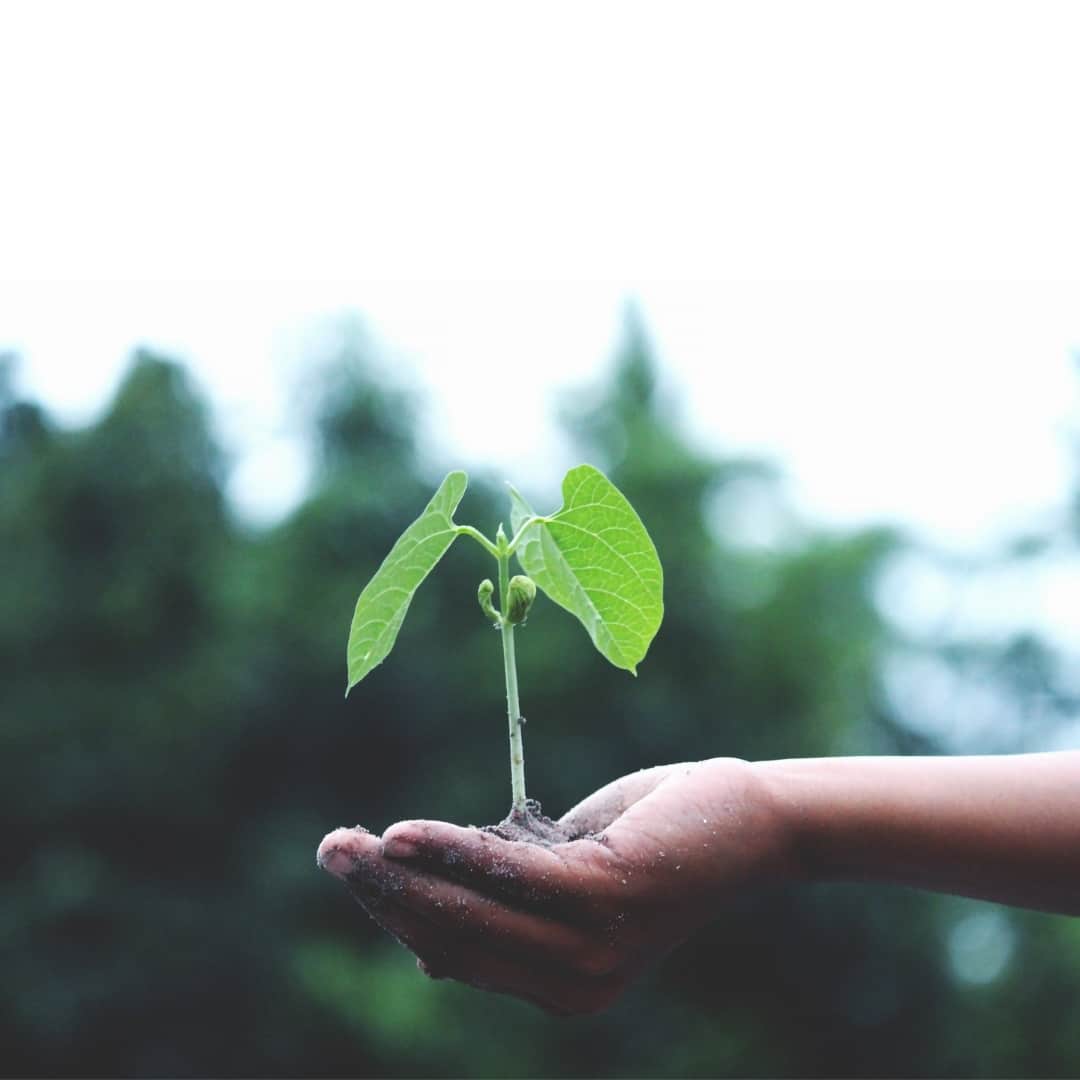How To Guides, News, Reviews
Sustainability
Sustainability – Part 1
The word ‘sustainability’ is a buzz word thrown around these days like it has no meaning, as if it’s a box ticking exercise that large companies have to check off to keep the customers happy. However, it is a very important principle that needs to be appreciated. Why? Because if it is neglected the planet we call home will become a toxic wasteland.
Now that cheery introduction is out of the way, it’s time to lighten the mood! There is still time for humans as a collective to make big changes to help improve the future outlook. Big and small changes all help, they are all part of the solution so no matter if you pick up someone else’s plastic wrapper thrown on the floor or if you have just traded your diesel SUV for an electric car, all positive change matters.
All these changes will happen over time too, it’s not easy to jump head first into these choices (let’s face it, it’s hard to do anything that isn’t easy, that’s what makes us human, but the most rewarding things are difficult – fact). Add to that the extra costs of these changes and it can become a mountain to overcome for small businesses.
Coffee has come on leaps and bounds in terms of sustainability in recent times particularly at farm level. Monoculture (growing a single species of plant over a large area) is a thing of the past – farmers are using cover crops to create shade for the coffee shrubs, which not only increases coffee yields (coffee grows better in shade) and adds extra income with secondary crops but also massively increases biodiversity.
Organic roastery waste
Part of sustainability is controlling waste from production. To make high quality coffee, we have to quality check our roasts (I know, we HAVE to drink coffee!) which produces quite a bit of used coffee grounds every week. Rather than throwing the grounds away to landfill, we leave them for passers-by to take home to compost. We haven’t thrown away coffee grounds for over 2 years up to now, with the majority going to a nice woman who takes the used grounds for her allotment.

Coffee grounds are super rich so they should be mixed well with ‘brown’ garden waste such as dead leaves and grass but they work really well as a mulch and so I’m told as a substrate for growing your own mushrooms, although I’ve yet to try it! My spuds seem to like coffee compost.
The roasting process also produces organic waste in the form of ‘chaff’. This is a paper like skin from the raw coffee known as ‘silver skin’ which comes away from the raw coffee as it expands and tumbles around in the roaster.
Our packing guy, Hugh, has a lovely bunch of chickens that seem to enjoy coffee chaff for their bedding, and when it’s done with, it goes on the compost heap to use on his veggies.

At casa espresso we are dedicated to making positive changes where possible. Keep an eye out for our blog posts about some of the ways we are moving to a more sustainable future!



